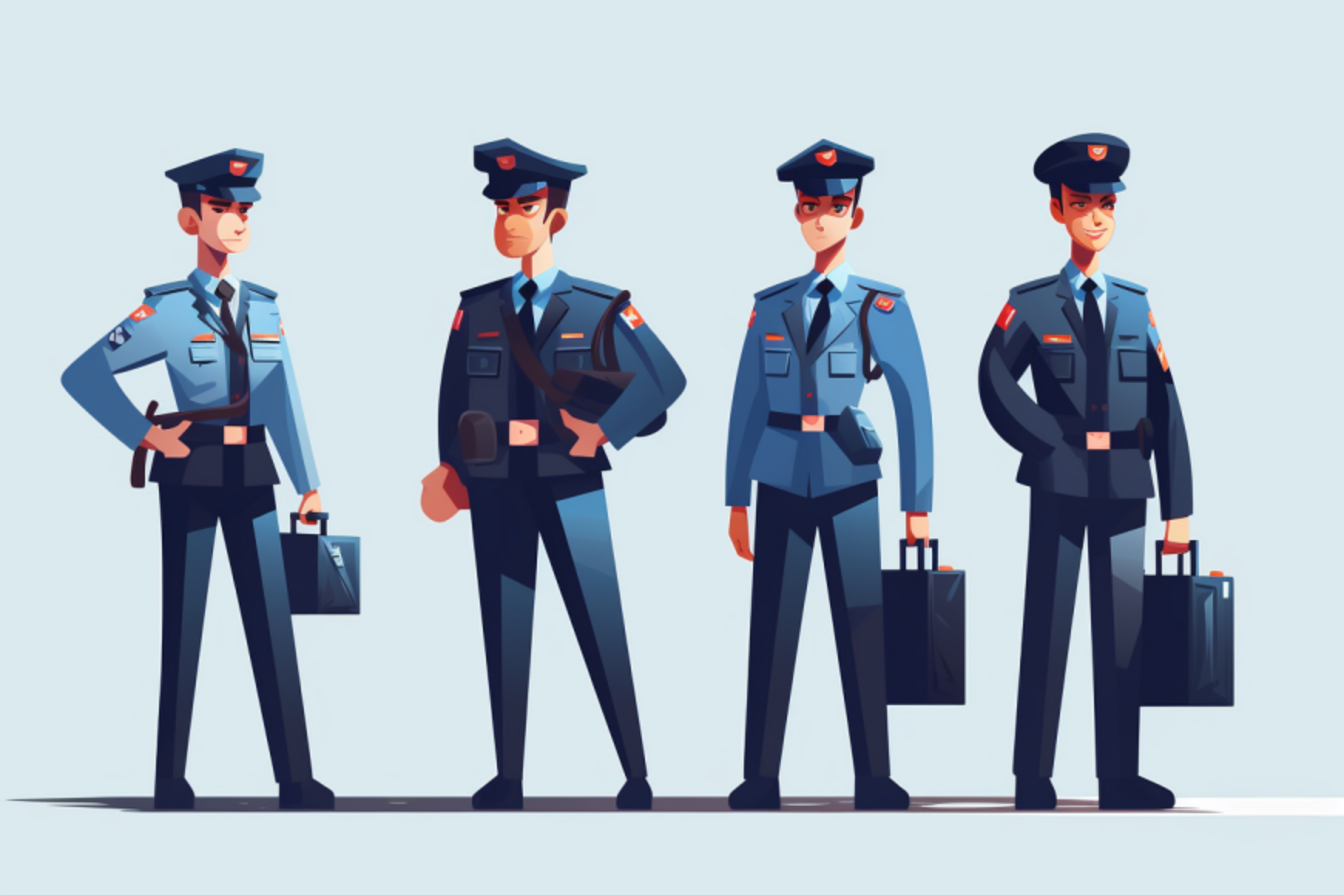If TSA airport security is so good, why do passengers feel so bad?
That’s a valid question, considering how the Transportation Security Administration seems to be spinning its performance lately. The agency wants you to believe the dark days of body scans and pat-downs, of liquids, gels and shoes obediently placed on the conveyor belt, are well on their way out, thanks to its vaunted new Pre-check system. And remember, there have been no successful terrorist attacks since the agency’s creation, it would hasten to add.
So why aren’t we buying it?
Why are lawmakers such as Rep. Gerry Connolly, D-Va., threatening to introduce legislation that would force TSA agents to mind their manners?
The answer may be simple: Airport security is not that good. Pre-check is a mess. The agency assigned to protect America’s air transportation systems is still ineffective, say critics. The TSA’s messaging, far from reassuring, is leaving some passengers uneasy about aviation security. No wonder people are misbehaving in line.
Take Pre-check. Recently at Orlando International Airport, a TSA agent informed me I’d been “randomly” awarded Pre-check privileges. Another agent waved me through a short line, where I left on my shoes, kept my laptop in my carry-on, and walked through the metal detector. Seconds later, I was on the other side of the security line, and if I wasn’t an instant fan of the TSA, I was at least hooked on Pre-check. Here’s how to handle the TSA.
We didn’t pay for Pre-Check a decade ago
But hang on. Wasn’t everyone screened like this about a decade ago? Back then, we didn’t have to pay anything extra for it, as most Pre-check passengers do now. And if ever there was a time to give me a thorough screening, this was it. I’d bought my one-way ticket to Newark only a few hours before I left, and my travel agent had misspelled my name. All of those should have set off alarms.
The preferred lines aren’t necessarily better, as Naomi Shapiro, who works for a technology company in Austin, discovered recently. She qualified for Pre-check because of her elite status in a frequent-flier program, but on a recent flight, she discovered the benefits were questionable. (Related: The truth about TSAs lines — and lies.)
“Although I kept my shoes on, airport security gave me a more onerous check than when I pass through the regular line,” she says.
There’s still too much about security that just doesn’t make sense
Phil Flad, a sales manager for a cruise line in Alpharetta, Ga., doesn’t understand why TSA airport security has bins labeled “water,” “alcohol,” and “peroxide.”
“If they know what those liquids are, why are they confiscating them?” he wonders. “I didn’t see a bin labeled ‘liquid explosive — sure to bring down the plane.’ And if they believed my Dasani really fell in that category, would they just casually toss it into a bin called ‘water’?” (Related: TSA’s new Pre-Check programs raises major privacy concerns.)
The TSA imposed a liquid and gel ban after a bombing plot was foiled in 2006. The current system allows small amounts of liquids, gels and aerosols and sorts the banned liquids in bins, “after conducting extensive research.”
Travelers are unconvinced — and unimpressed
It’s the way the TSA goes about “protecting” us that bothers them.
“The TSA is massively rude by design, direction and leadership,” says David Southard, a retired manager for a tech company who lives in Houston. “Its incompetence could be forgiven if they were nice about it. Obviously, being rude prevents terrorism.” (Related: Smile! The TSA is video taping you — and here’s what you need to know about it.)
It doesn’t help that the TSA keeps monkeying around with the flying public. Literally. Can anyone forget the recent case of Phyllis May and her sock monkey, Rooster Monkburn, who made the mistake of bringing a tiny toy pistol through security in St. Louis? You guessed it: An eagle-eyed TSA agent responded to the threat. “She took my monkey’s gun,” May told a Seattle TV station. Once again, the agency became the butt of jokes.
The TSA’s deeds aren’t the only cause for concern
So are its words. It goes beyond the orders barked at innocent air travelers. Observers have noted that the TSA’s blog, in which it touts its weekly weapons confiscations and defends its often indefensible actions, has been slow to approve comments, if it does at all. The TSA has many secrets. On its YouTube page, the TSA doesn’t allow any kind of commenting. Perhaps that’s because its latest videos, such as the “stop, screen, go” cartoon aimed at kids, smacks of propaganda to some agency-watchers. The effect is that passengers feel lied to and they feel a need to stand up for themselves.
Has the TSA stopped a second 9/11? If so, there is no proof. Fact is, Pre-check is just a bandage on a gaping wound that’s hemorrhaging taxpayer money. It’s a halfhearted attempt to take a step back from the false choice of a scan or pat-down. It complicates an already incomprehensible security process and distracts from the fact that the TSA needs to be reformed — if not eliminated.




